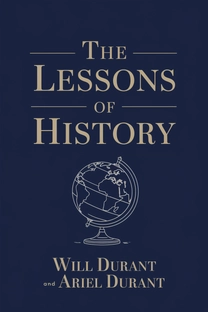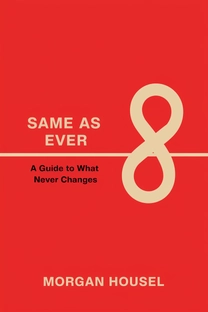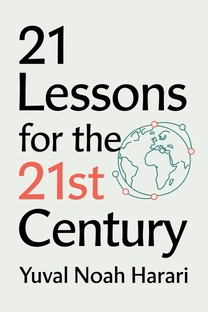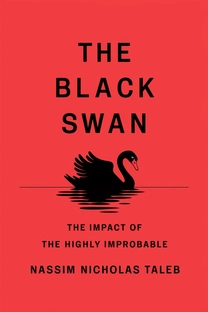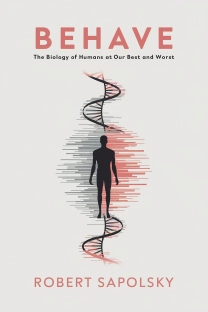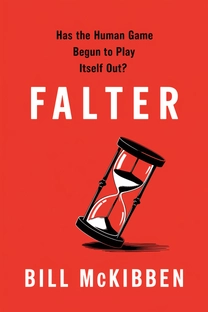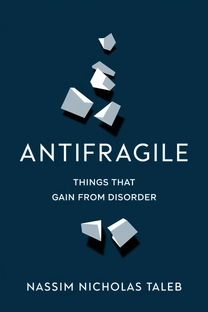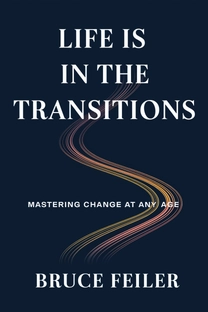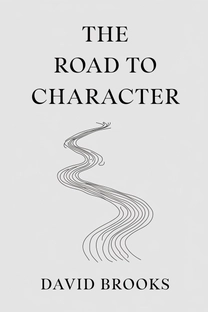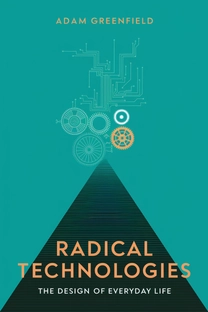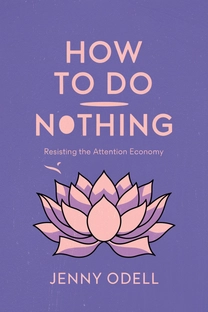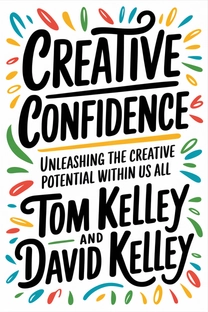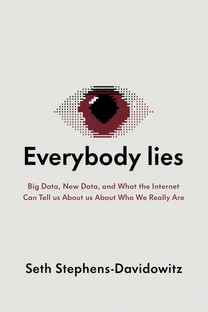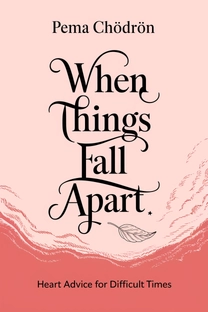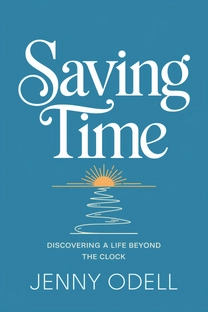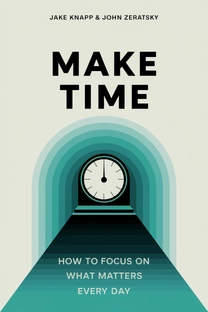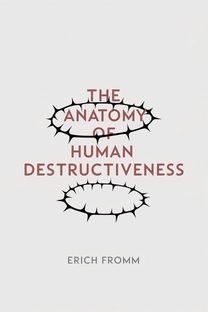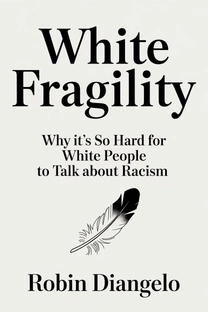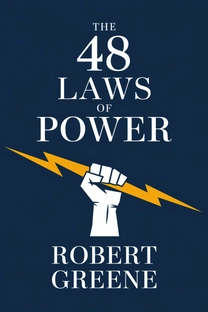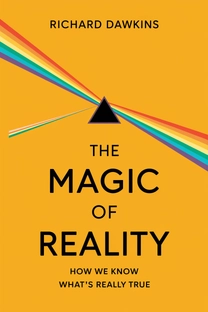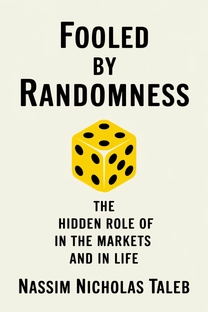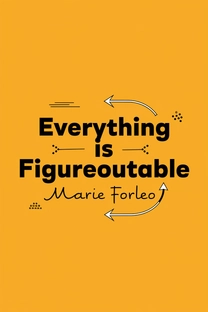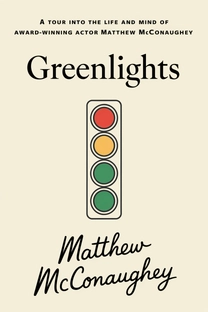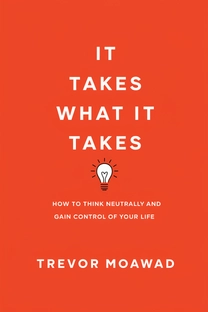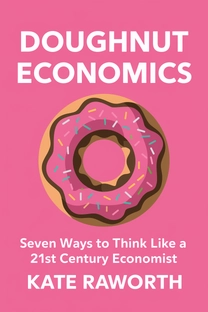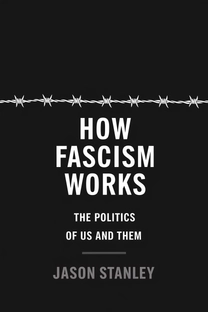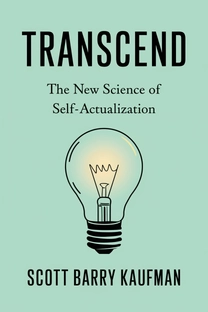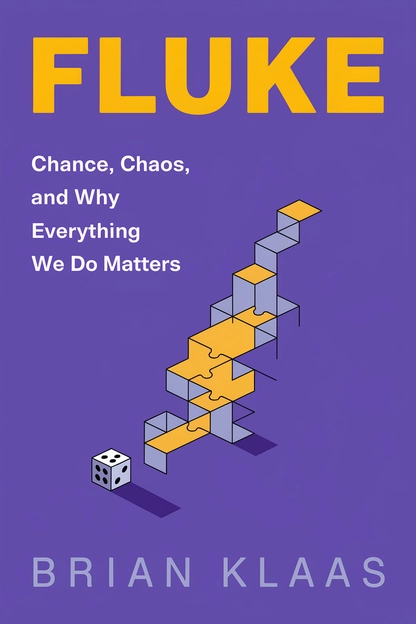
Fluke
Chance, Chaos, and Why Everything We Do Matters
by Brian Klaas
Brief overview
This book explores how small, random events and hidden connections shape everything around us, from personal decisions to global wars. It blends insights from science, history, and philosophy to challenge the idea of total control, revealing that chance is often the real driver behind life’s biggest moments.
Introduction
**Have you ever felt** that your life path hinged on a tiny event? Maybe you caught a train by seconds or stumbled onto a chance encounter that changed everything. This book opens with exactly that kind of moment: how a single tourist trip once helped spare an entire city. Suddenly, the boundary between everyday coincidence and world-shaking events looks thinner than we ever realized.
We’re used to thinking that big outcomes naturally stem from big causes. We assume planning and rational choices guide history as much as they guide our personal ambitions. It’s comforting to believe that if we just do better analysis or set stricter routines, life will be safer, more predictable.
But as this book reveals, unpredictability runs deeper than a few random twists of fate. Tiny details—like a cloud passing at the right moment or an overlooked piece of intelligence—might reorganize entire societies. Even the routine flick of a snooze button can ripple out in ways we rarely notice.
The goal here is not to scare you but to show the hidden power of chance and chaos in everyday life. By recognizing these forces, we can move beyond the illusion of perfect control and welcome a more vibrant, creative engagement with the world.
The Illusion of Control
Many of us strive to plan everything: the best school, ideal career, perfect family. We treat life like a puzzle to be solved with the right strategy or formula. Whether it’s mapping out quarterly sales or forecasting the next five years, people search for ways to turn uncertainty into certainty.
Yet history shows that grand plans can unravel from small surprises. Leaders who were convinced they had foolproof strategies bungled entire wars or economies because one tiny detail—like a misread signal or a stray incidence of bad weather—threw off the script.
At a personal level, the illusion of control can be equally misleading. We may obsess over meticulously arranged schedules, only to watch a minor traffic detour reshuffle the entire day. In that moment, we discover how powerless we are before randomness.
When we cling too tightly to the idea that everything is under our thumb, we reject the reality that chance is always at play. Recognizing this doesn’t mean giving up on ambition. It means accepting that chaos has a seat at the table, whether we like it or not.
What is Fluke about?
"Fluke: Chance, Chaos, and Why Everything We Do Matters" by Brian Klaas delves into the profound, often overlooked impact of random events on our lives and history. It challenges the pervasive notion of control, suggesting that much of life’s key moments are influenced by chance rather than design. Klaas intertwines stories from science, history, and philosophy to illustrate how chaos and chance shape the broader tapestry of human existence.
The book addresses the illusion of control, explaining why acknowledging randomness can enrich our understanding and response to life’s unpredictability. By highlighting events like the last-minute inclusion of Nagasaki in World War II bomb targets due to cloud cover, Klaas makes a compelling case for embracing uncertainty. The narrative encourages readers to view chance not as a threat but as an opportunity to foster creativity and empathy, enhancing personal reflection and societal responsibility.
Review of Fluke
"Fluke" artfully navigates the complex interplay between chance and human action, offering a deeply insightful narrative for those keen on understanding the unpredictable forces shaping our universe. Brian Klaas brings forth historical anecdotes and scientific principles to illustrate how seemingly insignificant details can alter monumental outcomes, encouraging readers to embrace the randomness inherent in life.
Among the book’s strengths is its blend of storytelling with philosophically engaging discourse, making esoteric topics like chaos theory more accessible to the layperson. Klaas' pragmatic approach highlights practical takeaways, such as recognizing and leveraging the unpredictability in professional and personal realms. His writing style balances depth with readability, ensuring the text remains both intellectual and engaging.
With insights relevant to modern uncertainties, "Fluke" is particularly suited for thinkers and creatives looking to understand the role of chance in shaping destinies. Its relevance extends to individuals seeking meaning in randomness and professionals in fields dependent on strategic planning and forecasting. The recommendation is clear: this book is a must-read for anyone wishing to harness the transformative potential of unforeseen events.
Who should read Fluke?
- **Professionals in Strategic Planning:** This book aids these readers in understanding the unpredictable forces that can affect their decisions, providing fresh perspectives for strategic foresight.
- **Creatives and Thinkers:** Ideal for those who thrive on creative problem-solving, offering new methodologies and inspirations derived from embracing randomness in their work.
- **History Enthusiasts:** Those passionate about history will uncover how random events influenced major historical outcomes, providing a nuanced appreciation of historical narratives.
- **Individuals Seeking Personal Growth:** Readers looking for self-improvement through new philosophies and acceptance of unpredictability will find this book inspiring and thought-provoking.
- **Scientists and Academics:** Useful for those in academia or research, this book offers a philosophical lens to view scientific theories and historical events which touch upon chaos and complexity.
About the author
Book summaries like Fluke
Why readers love Mindleap
10-Minute Book Insights
Get the core ideas from the world's best books in just 10 minutes of reading or listening.
Curated For You
Discover your next favorite book with personalized recommendations based on your interests.
AI Book ExpertNew
Chat with our AI to help find the best book for you and your goals.
Reviews of MindLeap
Love how I can get the key ideas from books in just 15 minutes! Perfect for my busy schedule and helps me decide which books to read in full.
Alex R.
The summaries are incredibly well-written and the audio feature is perfect for my commute. Such a time-saver!
Jessica M.
Great app for personal growth. The insights are clear and actionable, and I love how they capture the essence of each book.
Chris P.
The app is beautifully designed and the summaries are top-notch. Definitely worth every penny!
Sarah K.


